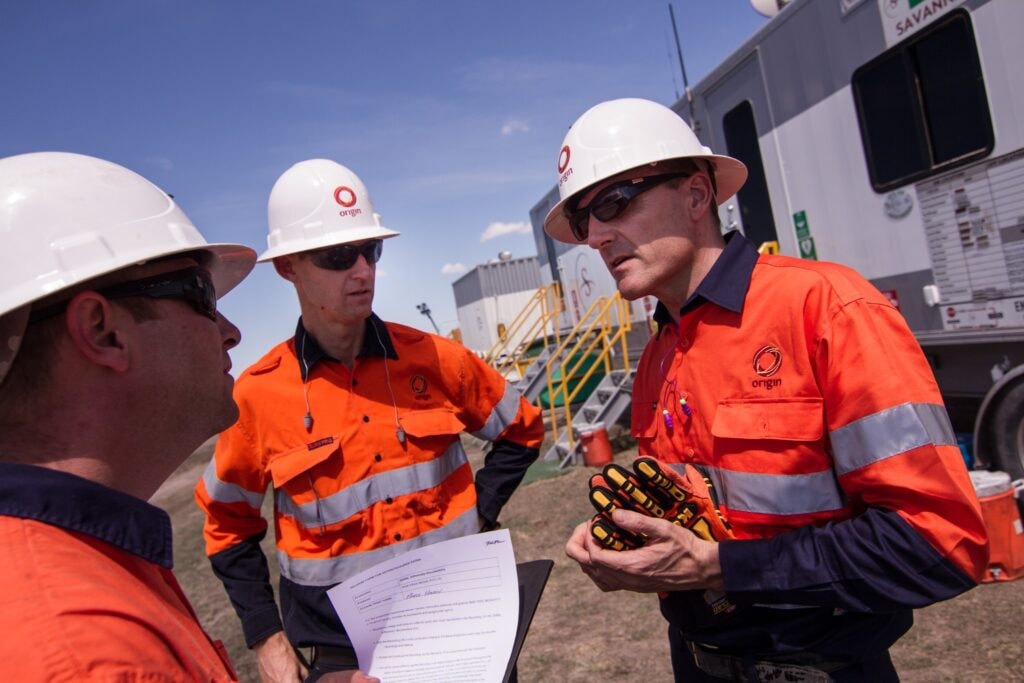
Your guide to addressing harm after incidents. The checklist is an essential, practical tool to help you move beyond blame, explore the impacts on all affected parties, and take necessary action to restore trust and relationships.
All papers are available under the Fair Use Policy.